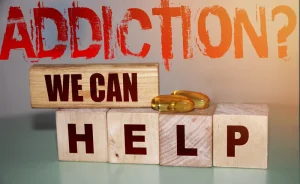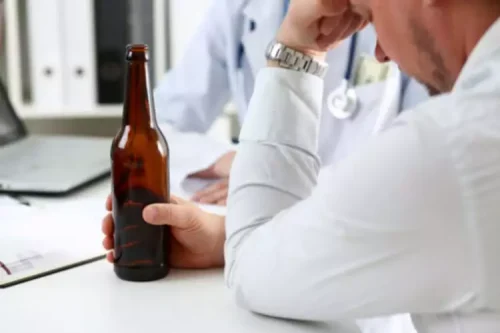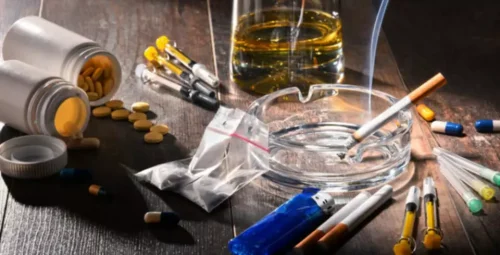
A professional assessment or counseling by a therapist or addiction specialist is important in understanding addiction triggers. A specialist can provide the necessary tools to identify triggers and help develop a relapse prevention plan to manage and reduce the risk of relapse. A trigger diary can also help uncover underlying causes of use or cravings, including underlying emotions and environmental events that may lead to substance abuse.
Techniques for Coping with Triggers
In simple terms, a trigger is anything that brings back thoughts, feelings, or memories of an addiction. This can include having a sober friend accompany you, setting a time limit for your attendance, or having a list of reasons you can review as a reminder of why you’re choosing to remain sober. The earlier people in recovery can identify and successfully respond to triggers, the greater their chances of prolonged abstinence.
Managing Triggers & Cravings in Addiction Recovery

Attending therapy is also a good way to help with processing internal triggers. By attending therapy sessions once a week, you will be able to sit and talk with someone who can listen and provide valuable insight. It is encouraged that when a person starts their journey of recovery, they plan to avoid situations that could possibly trigger them, and plan for what to do when cravings arise.
Make a plan
Healthier practices need to replace these negative internal processes in order to help people succeed in their path to a substance-free life. Recovering individuals can carry out personal exercises where they make a list of the people, places and things that remind them of their substance-using life. Asking certain questions about external triggers can help prevent relapse.
- A lot of people relapse using another drug that isn’t their preferred substance.
- If you’re able to understand them and know what they are, you’ll be able to put safeguards in place and make it easier for you to stay sober.
- Asking certain questions about external triggers can help prevent relapse.
- For many individuals, recognizing and preventing relapse is one of the most challenging aspects of recovery.
- By choosing the path of recovery, you realize that your body and mind will struggle as you work to stay sober.
But external triggers can become internal triggers if they bring up experiences you haven’t processed. Being able to identify triggers and implement healthy ways to manage them will be critical skills for your recovery journey. After treatment, relapse prevention programs are typically offered as ongoing support to help individuals maintain their recovery.

Chronic Physical Health Conditions
Understanding what they are, how to recognize the signs and how to stop them from leading you down a relapse path is essential to your long-term recovery. And you probably want to have somebody help you with that, a friend or family member or sponsor somebody that’s supportive of your recovery to help you to get rid of things that are in your environment. And these might include alcohol, pills, marijuana, any drugs at all that you’ve used, even if they’re not your preferred substance.
How Do I Handle Addiction Triggers? (6 Tips)
In early recovery, boredom and social isolation can be powerful triggers for relapse. When feeling bored, individuals may be more likely to seek out activities or substances that provide temporary relief or excitement, leading to a return to addictive behaviors. Emotional turmoil is a set of intense emotions such as sadness, depression, internal vs external triggers and anger, which can be a trigger for an emotional relapse. On the other hand, someone may experience cravings while feeling low or sad. Negative emotions like sadness, depression, guilt, loneliness, and anger can all be potential triggers for relapse. It’s crucial to address these negative feelings to prevent an emotional relapse.

Because triggers are not always familiar and noticeable, it’s important for people in addiction recovery to be observant of what triggers them. Developing the self-awareness to know when something is affecting someone’s mood or emotions can take time and consideration. In the depths of substance use, you may have cut yourself off from friends and family, or they may have distanced themselves from you. However, when you choose recovery, you must not only rebuild the positive relationships damaged by SUD but also end relationships with people who could be a potential trigger. Psychologically speaking, triggers are any sort of stimulus that can cause the urge to use a substance to resurface. Triggers can come in many different forms depending on you and your experiences.

Maintaining one’s recovery despite the existence of triggers can be overwhelming at times. Triggers can arrive seemingly out of nowhere and result in serious cravings for substances. They can lead to latent emotional responses https://ecosoberhouse.com/ that only gradually have consequences. How far along someone is in their recovery, how stable they feel emotionally, and how strongly the trigger affects them should all be considered when deciding how to respond.
